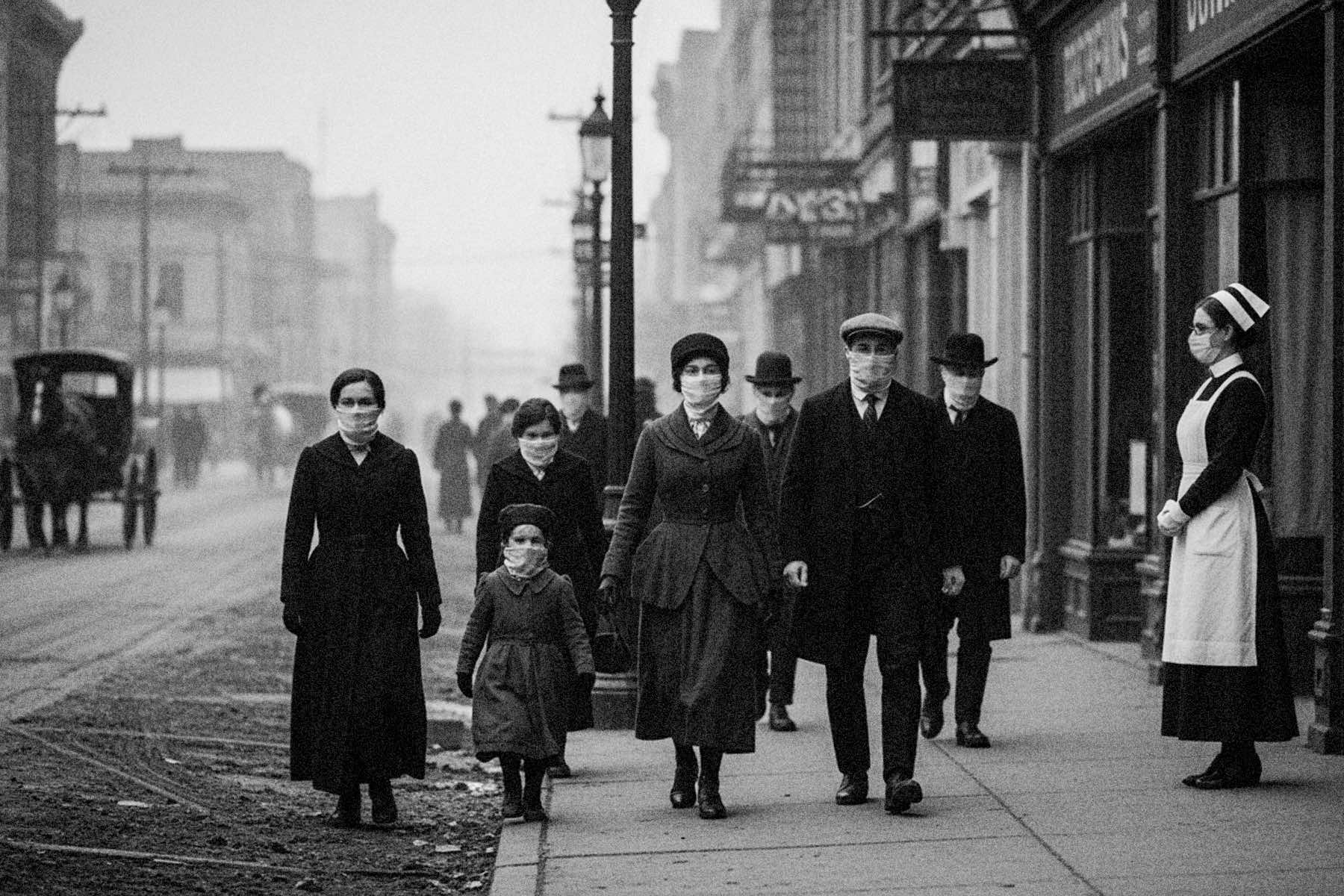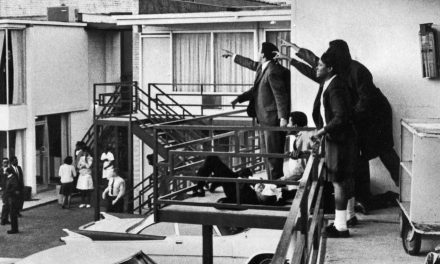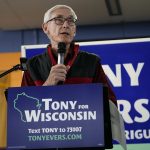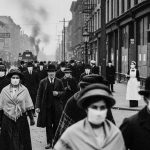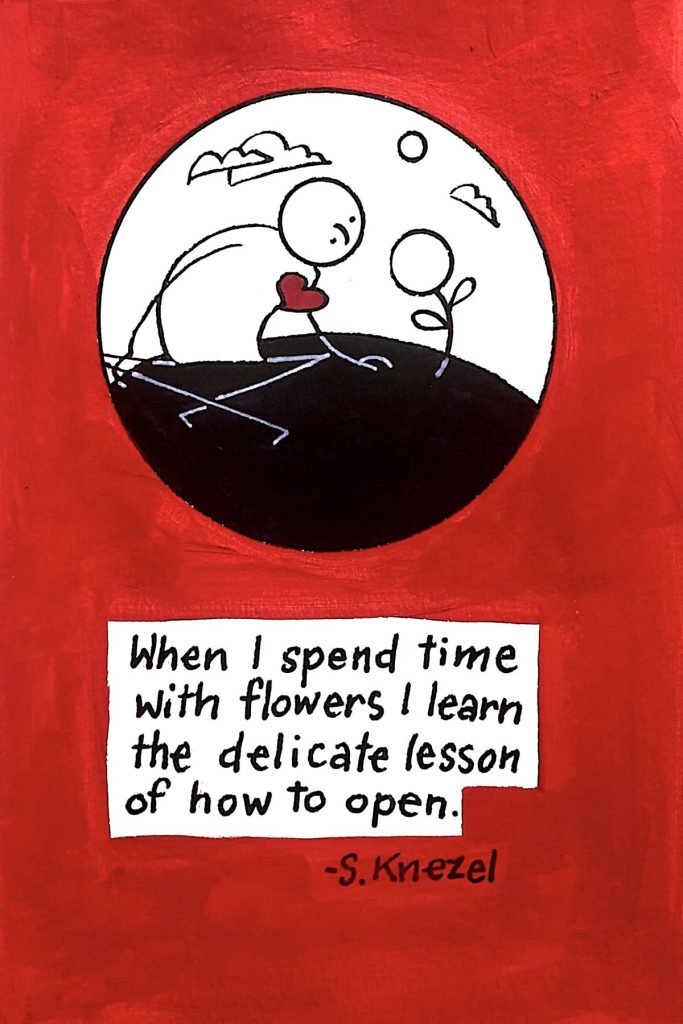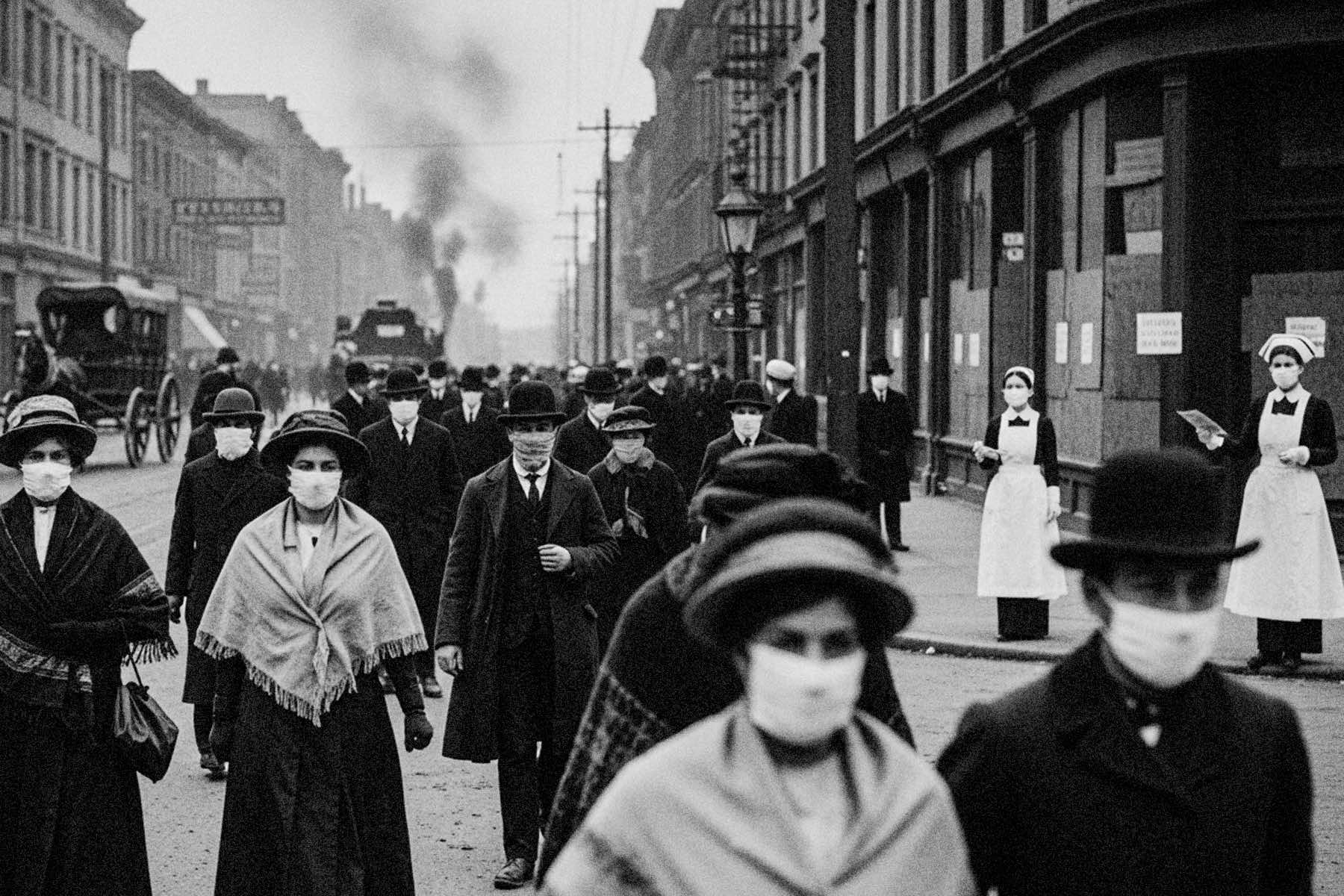
By the time an American born in 1900 turned 45, they had witnessed two world wars, a global economic collapse, and a pandemic that killed more people than the Great War itself.
The arc of their life is often invoked in a viral social media post that resurfaces during moments of crisis. It is a reminder, we’re told, that “perspective” matters. And it does. But in 2025, perspective alone is no match for the level of intentional destruction we are living through.
The post, often incorrectly credited to Heavy D, was about the rhythm of history, and the relentless battering of events that demanded endurance from an entire generation. Born into industrial labor and horse-drawn carriages, the “1900 generation” died watching space shuttle launches and digital satellites.
Their century taught them that history doesn’t care if they were ready for change. It comes anyway.
For a small amount of perspective during these crazy times, imagine you were an American born in 1900. When you are 14, World War I starts, and ends on your 18th birthday with 22 million people killed. Later in the year, a Spanish Flu epidemic hits the planet and runs until you are 20. Fifty million people die from it in those two years. Yes, 50 million.
When you’re 29, the Great Depression begins. Unemployment hits 25%, global GDP drops 27%. That runs until you are 33. The country nearly collapses along with the world economy. When you turn 39, World War II starts. You aren’t even over the hill yet.
When you’re 41, the United States is fully pulled into WWII. Between your 39th and 45th birthday, 75 million people perish in the war and the Holocaust kills six million. At 52, the Korean War starts and five million perish.
At 64 the Vietnam War begins, and it doesn’t end for many years. Four million people die in that conflict. Approaching your 62nd birthday you have the Cuban Missile Crisis, a tipping point in the Cold War. Life on our planet, as we know it, could well have ended. Great leaders prevented that from happening.
As you turn 75, the Vietnam War finally ends. Think of everyone on the planet born in 1900. How do you survive all of that? A kid in 1985 didn’t think their 85 year old grandparent understood how hard school was. Yet those grandparents (and now great grandparents) survived through everything listed above.
Perspective is an amazing art. Let’s try and keep things in perspective. Let’s be smart, help each other out, and we will get through all of this. In the history of the world, there has never been a storm that lasted. This too, shall pass.
But the point of invoking that timeline isn’t to romanticize survival. It’s to recognize what tested the strength of a people, and what didn’t. That generation didn’t survive those decades because of inspirational slogans or motivational memes. They survived because national leadership, however flawed, at least tried to govern for the public good.
They endured not just hardship, but transformation. Systems were reformed. Empires collapsed. Rights were fought for and occasionally won. Even when America got it wrong, and it often did, there was at least a semblance of direction, of trying to move the nation forward rather than pulling it down from within.
That’s what makes the present moment so bitter. We are not being tested by history. We are being gutted by one man, and the movement that worships him.
Donald Trump did not invent chaos. He is simply the first president to embrace it as governing doctrine, to wield it like a weapon against his own people. His return to office in 2025 didn’t mark the beginning of a new era. It marked the collapse of the American presidency as a civic institution.
Every norm that once separated an executive from a tyrant has been dismantled, often with the stroke of a pen and the cheer of a crowd. There is no process anymore, only impulse. No justice, only revenge.
When we look back at the hardships of the early 20th century, they were massive, global, and often out of human control. No one elected the Spanish Flu. No voter cast a ballot for the Great Depression.
But we chose this. Or rather, a well-engineered system of disinformation, gerrymandering, and voter suppression allowed it to happen, again. And now we are living through a crisis not of circumstance, but of intent.
Trump is not a storm to wait out. He is the arsonist at the center of the blaze.
In the time it takes to scroll through social media and see another recycled version of the “born in 1900” post, the Trump regime may have dismantled another federal agency, appointed another extremist judge, or threatened another American citizen by name.
These are not exaggerations. These are daily realities under Trump. He does not govern. He punishes. He does not unify. He divides. And unlike the wars and pandemics of our past, this isn’t a crisis inflicted upon us. It is a crisis we are enabling in real time.
Perspective alone cannot save a democracy. Action can. But action requires clarity, and too many Americans still don’t understand what we are truly facing. They think this is just another cycle, another political feud that will resolve itself in four years. It’s not.
The structural guardrails that once allowed for peaceful transitions of power, legal accountability, and the balance of institutions have been ripped away.
When Trump’s Department of Justice declared that a sitting president cannot be investigated, they didn’t just shift a precedent. They ended oversight. They erased the very concept of executive accountability.
That is not a pendulum swing. That is a freefall.
In the 20th century, presidents went to Congress for war declarations. Now, Trump launches drones with no oversight and directs military action through tweets. In the 20th century, journalists uncovered abuses of power.
Now, Trump openly mocks, doxxes, and discredits them, encouraging violence against anyone who speaks the truth. In the 20th century, we had presidents who lied, but they still recognized shame. Trump feels none. His lies are not about hiding corruption. They are about normalizing it.
And Americans let it happen. Over and over. History doesn’t repeat itself. It escalates.
We are not in 1900. We are in 2025. And no matter how dire the early 20th century may have been, it was not a time when the commander in chief actively encouraged the collapse of his own government to cling to power. It was not a time when Americans chanted for political executions while storming the halls of Congress, or built gallows outside the Capitol. Those images belong to our era. Not theirs.
What makes this moment so dangerous is that many Americans still insist on treating it like something we’ll eventually recover from. As if our institutions will heal themselves. As if the Constitution, stripped of enforcement, still carries the same weight.
But the truth is simpler and far more terrifying: a system with no consequences cannot preserve itself. It has no immune system. No safety net. And in that void, Trump thrives.
There is no greater betrayal of the American experiment than the idea that power justifies itself. Because someone holds an office, they are entitled to anything they demand.
That is a monarchy. That is a dictatorship.
That is the logic Trump now wields with ease, emboldened by a compliant Congress and a judiciary stacked to serve him.
This is not the arc of progress. This is the hijacking of democracy by a man who sees public service as personal property.
And yet, the American people have tolerated this. Conditioned by years of propaganda, of false equivalence, of media narratives that treat authoritarianism as just another “brand” of leadership. Some networks still frame his cruelty as strategy, his lawlessness as boldness. But there is no strategy in degradation. There is only damage. And Trump has made damage the goal.
The civil service is gutted. Independent oversight has been criminalized. Whistleblowers are targeted. Journalists are branded enemies. Education is politicized, science dismissed, the rule of law replaced by personal loyalty oaths. Immigrant children vanish in the system. Protestors are surveilled. Entire populations are being redefined not by citizenship or law, but by ideology.
None of this is hypothetical. None of this is accidental.
In the historical lens of that 1900-born American, the nation survived foreign enemies, diseases, and internal upheaval. But today’s threat is different, because it comes from within, and it wears the mask of legitimacy.
It uses the levers of democracy to strangle democracy itself. This is how autocracies form. Not with tanks in the streets, but with courts that no longer check power, with elections manipulated by misinformation, and with citizens too misled to resist.
Americans cannot “perspective” our way out of this. We cannot quote our way through fascism and pretend that clever analogies are enough.
We need to confront the crisis as it is, not as we wish it to be. That means naming it. That means rejecting the false comfort of “both sides.” That means understanding that the enemy is not abstract. It is not vague. It is not theoretical.
The enemy is here. In office. On camera. At rallies. In policy. In the pages of executive orders that unravel civil rights and due process with bureaucratic precision. In the silence of officials who know better but say nothing. In the voices of those who mock the idea of justice while demanding obedience.
Perspective tells us that previous generations endured terrible things. That’s true. But we cannot invoke their strength without honoring their struggle. And that struggle was not passive. It was built on protest, on sacrifice, on a refusal to let cynicism win. They fought. They organized. They risked their lives to create a future better than the one they inherited.
That is the inheritance we are squandering now.
Trump is not the first American to seek power through fear. But he is the first to be handed the full weight of the presidency after proving how little he cares for the country he swore to serve. He is not a deviation from the norm. He is what happens when we abandon the norm entirely.
What we write next will determine whether the timeline of an American born in 2025 will be one of horror or of hope. The past offers us perspective. But the present demands action. We are not passengers in this story. We are the authors.
© Image
Cora Yalbrin (via ai@milwaukee)

